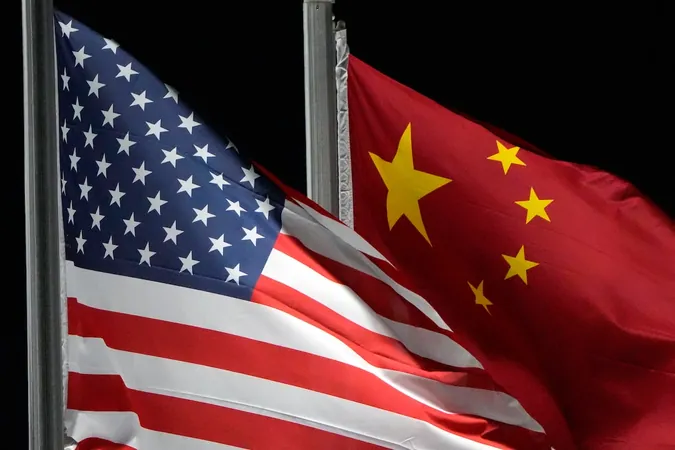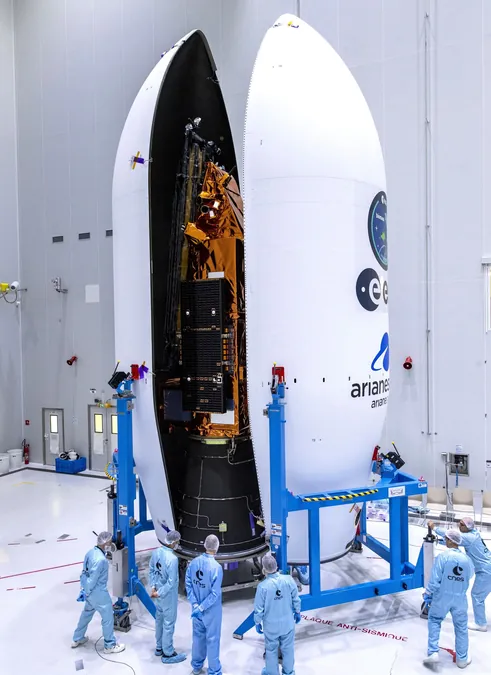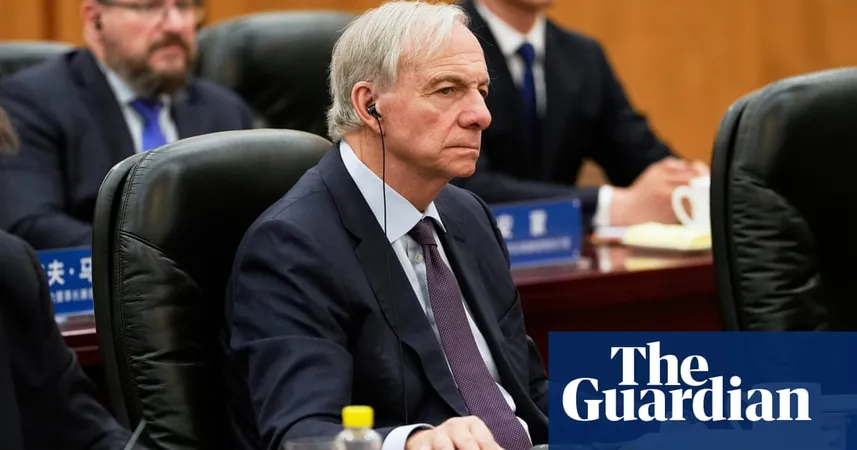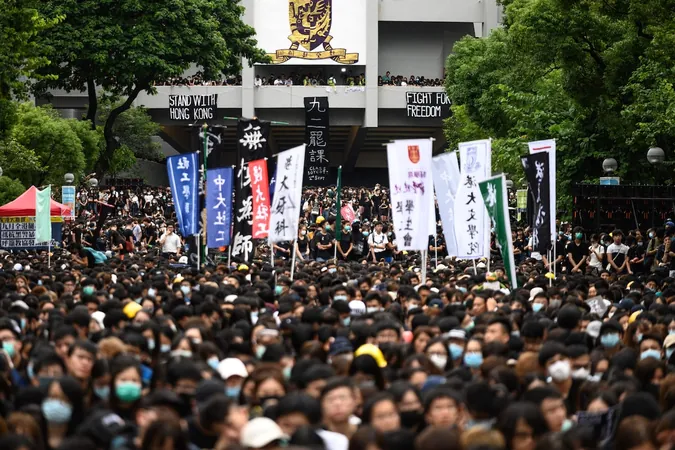
China's Bold Strategy: Rallying Allies Amid U.S. Tariff Tensions
2025-04-10
Author: Michael
In a daring move to counter the intensifying trade war with the United States, China is reaching out to other nations for support. As President Donald Trump's administration slaps on additional tariffs, China’s strategy seeks to create a united front to pressure Washington into reconsidering its aggressive stance.
Despite these efforts, China faces significant challenges, as many countries are hesitant to openly align with it against the U.S. Just days ago, Trump announced a temporary 90-day halt to tariffs on various nations, claiming that countries were eager to negotiate better trade conditions.
Meanwhile, China, defiantly refusing to engage in talks, declared its intent to 'fight to the end' in this tariff battle. Consequently, Trump escalated matters by increasing tariffs on Chinese imports to a staggering 125%. In retaliation, China implemented tariffs of its own on U.S. goods, which now stand at 84%.
Trump's strategy seems to focus on narrowing the broader global conflict down to a direct confrontation with China, attempting to isolate it from international allies.
China's Outreach: Focus on Europe
To bolster its position, China is turning its attention toward Europe. A recent conversation between Chinese Premier Li Qiang and European Commission President Ursula von der Leyen aimed to convey a collaborative spirit to the global community. Chinese officials are keen to strengthen trade and investment ties with the EU, emphasizing mutual benefits.
Additionally, Chinese Commerce Minister Wang Wentao discussed the detrimental effects of U.S. tariffs during meetings with EU trade representatives, labeling them as blatant protectionism and a threat to global economic stability.
Mixed Reactions from Global Players
However, not everyone is on board with China’s approach. Leaders in countries like Australia have made it clear that they prioritize their national interests and maintain a stance of free and fair trade, despite previous tensions with Beijing. Similarly, India appears unwilling to forge an alliance with China.
Interestingly, even Russia, typically seen as a close ally of China, has opted out of this tariff battle.
The Economic Stakes Are High
As the trade war escalates, countries in Southeast Asia, such as Vietnam and Cambodia, are caught in a difficult position. They have benefitted from factories relocating from China but are now grappling with the repercussions of U.S. tariffs that threaten their slim profit margins.
With Trump’s administration indicating ongoing negotiations with various countries, the atmosphere remains tense. Although prices for stocks soared in global markets following Trump’s announcement of controlled tariffs, uncertainty looms ahead as both nations prepare for a prolonged economic battle.
The Road Ahead for China and the U.S.
China's Foreign Ministry has made it clear that Beijing will not idly observe as its interests are compromised. Non-tariff retaliations could include restrictions on American films, law firms, and other services.
While markets initially reacted positively, U.S. futures declined amidst the ongoing uncertainty. As both nations gear up for possible future negotiations, the world watches closely, anticipating the next move in this high-stakes game of economic influence.









 Brasil (PT)
Brasil (PT)
 Canada (EN)
Canada (EN)
 Chile (ES)
Chile (ES)
 Česko (CS)
Česko (CS)
 대한민국 (KO)
대한민국 (KO)
 España (ES)
España (ES)
 France (FR)
France (FR)
 Hong Kong (EN)
Hong Kong (EN)
 Italia (IT)
Italia (IT)
 日本 (JA)
日本 (JA)
 Magyarország (HU)
Magyarország (HU)
 Norge (NO)
Norge (NO)
 Polska (PL)
Polska (PL)
 Schweiz (DE)
Schweiz (DE)
 Singapore (EN)
Singapore (EN)
 Sverige (SV)
Sverige (SV)
 Suomi (FI)
Suomi (FI)
 Türkiye (TR)
Türkiye (TR)
 الإمارات العربية المتحدة (AR)
الإمارات العربية المتحدة (AR)